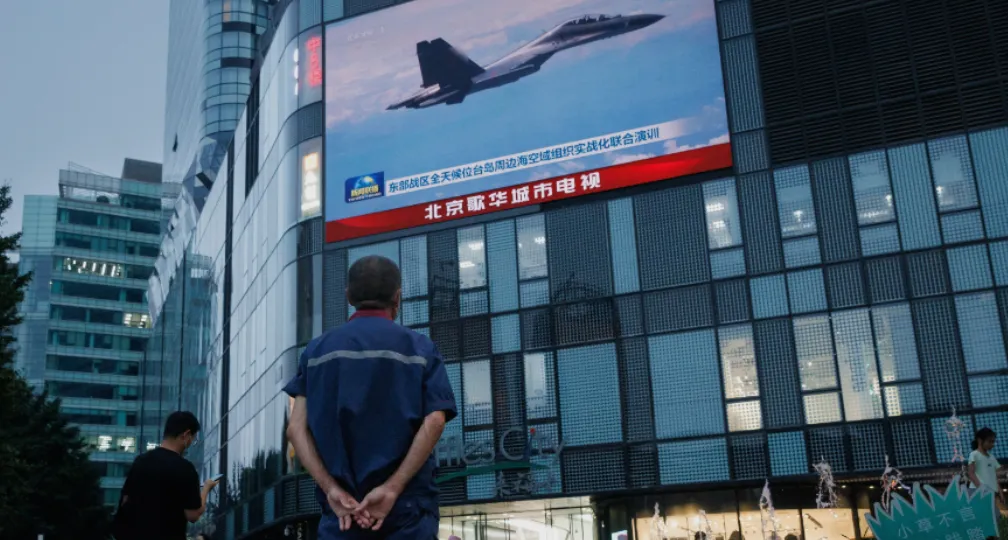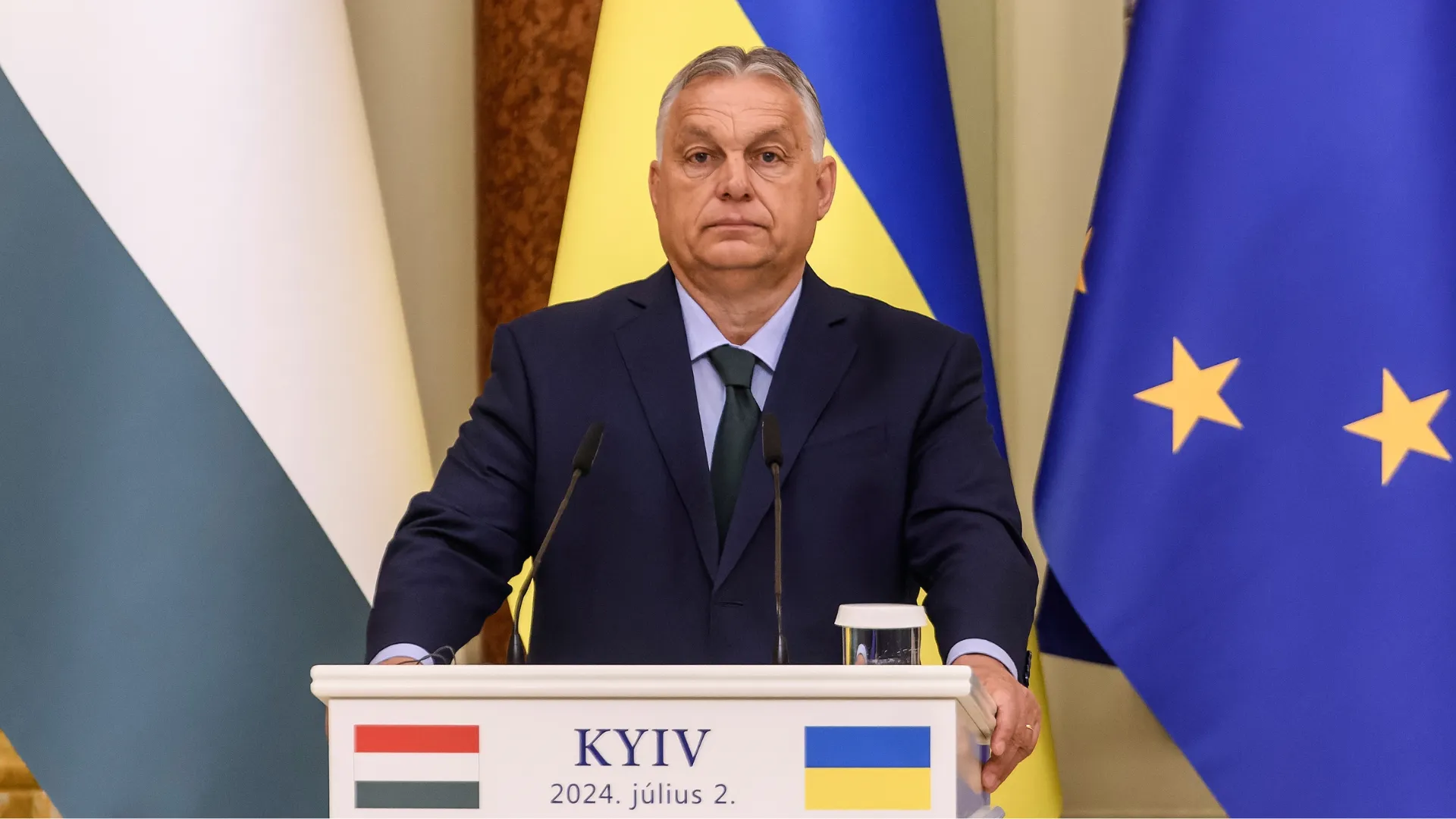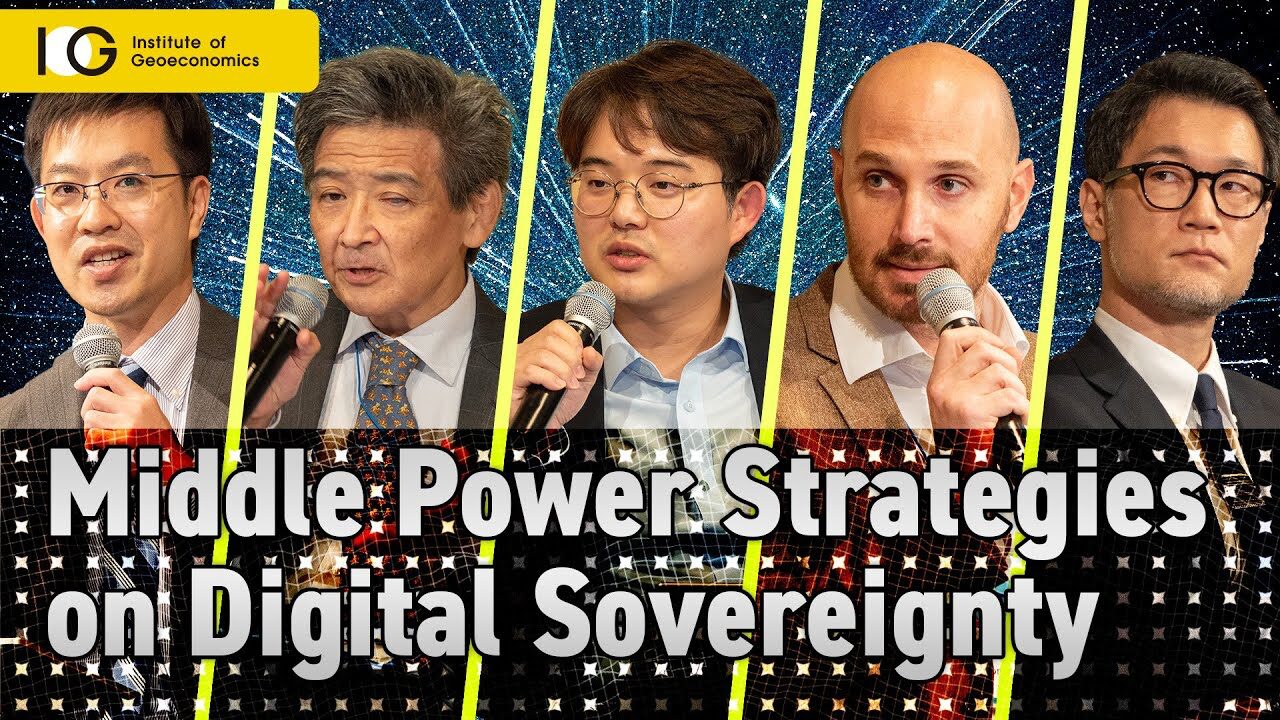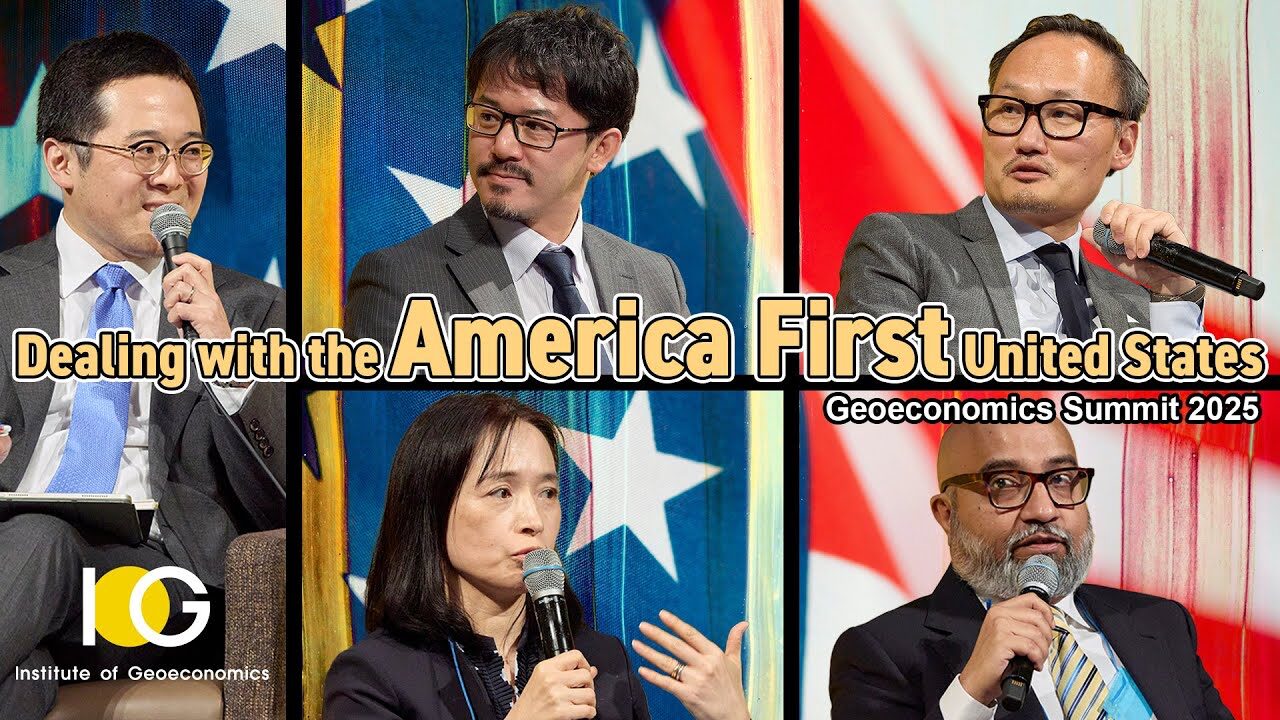China faces challenges in wake of Pelosi’s Taiwan visit

Project researcher, Institute for Advanced Studies on Asia, the University of Tokyo
Senior Research Fellow, China Studies Division, Regional Studies Department, National Institute for Defense Studies
U.S. House Speaker Nancy Pelosi’s visit to Taiwan in August was followed by China conducting large-scale military exercises immediately afterward in protest, leading to heightened tensions in the Taiwan Strait.
But how should we view China’s actions regarding this latest crisis?
Beijing has taken advantage of the visit, using various measures to build pressure on Taiwan.
And, as China builds up its military capability, there is no doubt that there are more tools that Beijing can make use of.
Former U.S. Indo-Pacific Commander Philip Davidson had been saying that China could invade Taiwan by 2027. The increasing power of China is definitely triggering a greater sense of crisis in the United States.
However, China’s moves during the latest crisis also revealed a dilemma for Beijing.
As China intensifies military pressure in the Taiwan Strait, it is true that there is a higher possibility of Beijing conducting military operations aimed at Taiwan. But at the same time, China is facing difficult realities at home and abroad.
Rather, the Chinese military drills demonstrated disadvantages with regard to Beijing’s goal of unifying Taiwan. They showed that it would be difficult to conduct a military invasion of Taiwan before 2027.
China’s response
Beijing’s response to Pelosi’s Taiwan visit had been well planned beforehand.
There is a thinking in China that a crisis can be turned into an opportunity. If an incident occurs, Beijing tries not only to respond to it but utilize it to pursue its national interests.
When Pelosi’s visit became inevitable, Beijing took advantage of the crisis by accelerating attempts to change the status quo in the Taiwan Strait.
In conducting its drills, China designated exercise zones encircling the main island of Taiwan. The drills were far more intense than ever before, with live-fire training in waters east of Taiwan’s main island and missiles fired directly over the island.
Moreover, in conducting the exercises, Beijing focused on having an impact on Taiwan’s public opinion and mentality, as well as strengthening its own legal assertions.
China has listed “Three Warfares” as official military policies — public opinion warfare, psychological warfare and legal warfare — in conducting influence operations. The latest drills clearly encompass these elements.
Beijing had apparently been carefully preparing for public opinion and psychological warfare.
Video footage of the drills by each unit of the military had been prepared and were all released at once.
Digital signage at some 7-Eleven stores in Taiwan were hacked, showing messages reading “Warmonger Pelosi, get out of Taiwan.”
The drills themselves were combined with public opinion and psychological warfare.
Some of China’s short-range ballistic missiles were believed to have flown over Taipei and Taiwan’s main island, an apparent attempt to put pressure on Taiwanese public opinion.
It is also likely that China designated areas surrounding Taiwan for the drills not only from the aspect of operational necessity but also for the purpose of having a psychological impact on the Taiwanese people.
The drills also represented legal warfare, as designated exercise areas partially overlapped with Taiwan’s territorial seas. The Chinese foreign ministry claimed that Taiwan is part of China, and China was conducting normal military exercises in waters off its own territory.
U.S. commitment
Still, the issue of Taiwan remains a challenge for China, as Beijing’s announcements and warnings had little impact on Washington’s behavior.
It became clear that Beijing does not have effective countermeasures against the U.S.’ strengthened commitment to Taiwan.
The Chinese government repeatedly warned against Pelosi going to Taiwan. Chinese President Xi Jinping, in a phone call with U.S. President Joe Biden, directly urged the U.S. to tread cautiously concerning Taiwan. But such threats failed to stop Pelosi’s visit or those by U.S. and European lawmakers that followed.
Beijing, in fact, actually acted quite cautiously regarding the U.S. during the crisis.
During the drills, which started after Pelosi left Taiwan, China avoided acts that would irritate the U.S., such as test-firing anti-ship ballistic missiles. Chinese troops did not make any provocative actions regarding U.S. military aircraft or vessels.
Even after the drills, lawmakers from Western countries are still visiting Taiwan.
On Sept. 2, the U.S. announced a potential $1.1 billion arms sale to Taiwan, including a surveillance radar system and anti-ship ballistic missiles.
And on Sept. 14, the Senate Foreign Relations Committee approved the Taiwan Policy Act aimed at significantly enhancing U.S. support to Taiwan including offering security assistance and helping Taiwan participate in international organizations.
Biden has already “misspoken” as many as four times by saying he would defend the democratic island militarily if it were invaded by China.
From the standpoint of Beijing, its past actions were not effective enough to make the U.S. hesitate on its further commitment to Taiwan. This indicates that the challenge for China is set to continue into the future.
Disappointment within China
Another challenge for China is the reaction from within the country.
During times of crisis, Beijing tends to try to show off its determination by boosting mobilization.
When the Japanese government acquired ownership of three of the Senkaku Islands in 2012, thereby nationalizing them, Chinese authorities, while fiercely protesting through diplomatic channels, orchestrated anti-Japan protests to demonstrate that the Chinese people were pushing for hard-line policies against Japan.
But such protests and public anger need to be carefully controlled by the Chinese Communist Party.
This time, many people in China had been hoping that Beijing would strongly object to Pelosi’s visit to Taiwan and would forcibly prevent her from arriving in Taipei.
This was because the Chinese government and military repeatedly warned against her visit to Taiwan, saying it would be met with “serious consequences.”
Hu Xijin, a former editor-in-chief of China’s state tabloid Global Times who still has strong influence over Chinese public opinion, suggested shooting down the speaker’s plane if U.S. fighter jets escorted it to Taiwan.
However, the actual moves taken by Beijing were almost equal to nothing compared to the Chinese people’s expectations, and the situation was regarded by some as China completely losing face.
Even the large-scale drills were taken as having little significance by the Chinese public.
From the standpoint of the Chinese government, the drills were intended to show its intentions to the U.S. and its partners and put pressure on them. But at the same time, Beijing had to avoid the exercises bringing uncontrollable consequences.
In that sense, Chinese authorities must have felt uncomfortable with the reaction from within the country.
The Chinese government had to call for “rational patriotism” and focus on swaying public opinion in its favor.
China’s Taiwan policy
Although China enjoys an overwhelming advantage in terms of the balance of power with Taiwan, it is difficult to say Beijing’s Taiwan policy is nearing its goal.
A stalemate in Taiwan policy can become a problematic issue for Beijing in domestic politics.
One aspect is the failure in Beijing’s policy on Taiwan affecting elite politics.
Looking at the history of the Chinese Communist Party, foreign policies are unlikely to directly affect Xi’s position as leader of the country.
Today in particular, with his increased concentration of power, Xi will not be held responsible for failing regarding Taiwan policy. But the failure in the policy on Taiwan can lead to domestic political discord.
Voices calling for a shift in the Taiwan policy to break the stalemate, for instance, could be taken as challenging Xi’s authority.
Another aspect is the public becoming excessively aggressive.
In China, public opinion is unlikely to directly influence decision-making in setting foreign policies. But if the public is too inclined to push for an unyielding attitude, that could affect the government’s actions at a time of crisis.
It would become difficult for the government to compromise if it took a hard-line stance in foreign policies and conducted domestic campaigns to promote it.
However, challenges for China do not mean it will not take action in the Taiwan Strait.
As China’s conventional Taiwan policy is at a stalemate and countries like the U.S. strengthen their engagement with Taiwan, Beijing might be thinking it needs to further demonstrate its intentions.
There is a possibility that China will conduct large-scale military drills again through early next year like in the case of the third Taiwan Strait crisis, when it conducted a series of missile tests in 1995 and 1996.
To make a military invasion of Taiwan by China difficult, the key is for the U.S. to strengthen its commitment in the region constantly and stably.
The U.S. military actively getting involved in the situation in the Taiwan Strait and Japan strongly supporting it will increase factors that Beijing needs to take into account and will complicate its tactical operational calculations.
It is important to continue to show China the costs of maintaining its current Taiwan policy.
(Photo Credit: Reuters / Aflo)

Geoeconomic Briefing
Geoeconomic Briefing is a series featuring researchers at the IOG focused on Japan’s challenges in that field. It also provides analyses of the state of the world and trade risks, as well as technological and industrial structures (Editor-in-chief: Dr. Kazuto Suzuki, Director, Institute of Geoeconomics (IOG); Professor, The University of Tokyo).
Disclaimer: The opinions expressed in Geoeconomic Briefing do not necessarily reflect those of the International House of Japan, Asia Pacific Initiative (API), the Institute of Geoeconomics (IOG) or any other organizations to which the author belongs.
-
 Fed-Treasury Coordination as Economic Security Policy2026.02.13
Fed-Treasury Coordination as Economic Security Policy2026.02.13 -
 What Takaichi’s Snap Election Landslide Means for Japan’s Defense and Fiscal Policy2026.02.13
What Takaichi’s Snap Election Landslide Means for Japan’s Defense and Fiscal Policy2026.02.13 -
 Challenges for Japan During the U.S.-China ‘Truce’2026.02.12
Challenges for Japan During the U.S.-China ‘Truce’2026.02.12 -
 India and EU Sign Mother of All Deals2026.02.09
India and EU Sign Mother of All Deals2026.02.09 -
 Orbán in the Public Eye: Anti-Ukraine Argument for Delegitimising Brussels2026.02.04
Orbán in the Public Eye: Anti-Ukraine Argument for Delegitimising Brussels2026.02.04
 Orbán in the Public Eye: Anti-Ukraine Argument for Delegitimising Brussels2026.02.04
Orbán in the Public Eye: Anti-Ukraine Argument for Delegitimising Brussels2026.02.04 Fed-Treasury Coordination as Economic Security Policy2026.02.13
Fed-Treasury Coordination as Economic Security Policy2026.02.13 When Is a Tariff Threat Not a Tariff Threat?2026.01.29
When Is a Tariff Threat Not a Tariff Threat?2026.01.29 Oil, Debt, and Dollars: The Geoeconomics of Venezuela2026.01.07
Oil, Debt, and Dollars: The Geoeconomics of Venezuela2026.01.07 India and EU Sign Mother of All Deals2026.02.09
India and EU Sign Mother of All Deals2026.02.09















